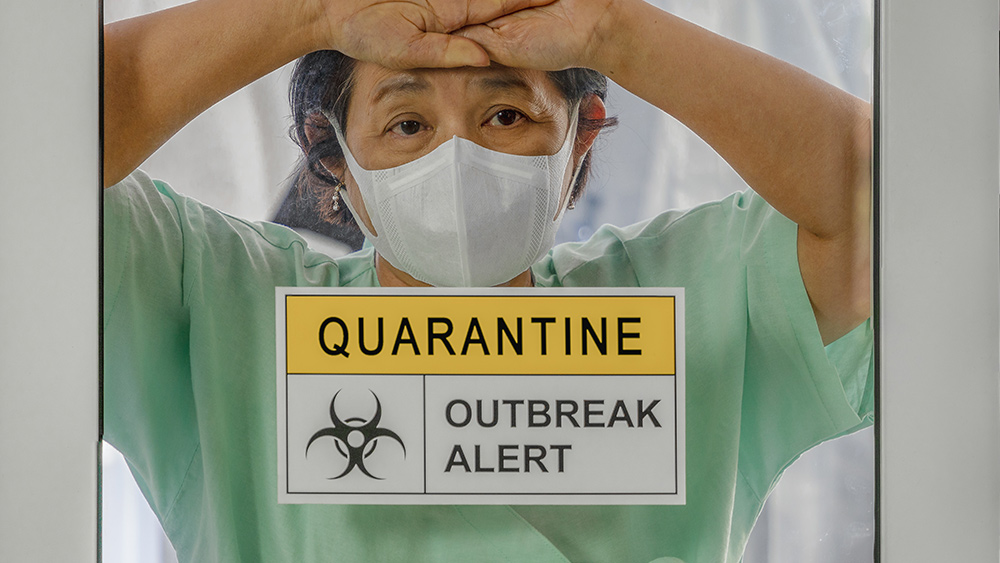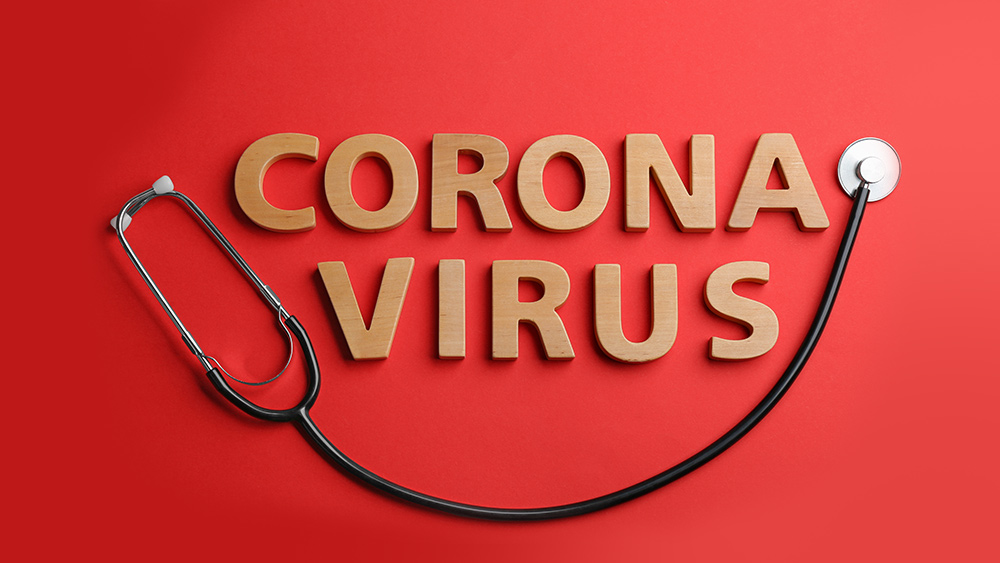The 4 stages of COPD: Pay attention to your symptoms and make lifestyle changes to prevent it
02/27/2020 / By Darnel Fernandez

COPD, or chronic obstructive pulmonary disease, is an umbrella term referring to a group of progressive lung diseases. Among the common diseases classified under COPD are emphysema and chronic bronchitis. According to the American Lung Association, COPD is the third leading cause of death in the US, only behind cancer and heart disease. More than 15.3 million Americans have been diagnosed with COPD, but many millions more could be living with it without being aware of it.
What you need to know about COPD
In most developed countries like the US, smoking is the single biggest cause of COPD. According to statistics by the COPD Foundation, about 90 percent of individuals diagnosed with the disease have, at one point in their lives, smoked. In some cases, long-term exposure to chemical irritants and other harmful pollutants like dust and fumes can also lead to developing this disease.
COPD is characterized by difficulty in breathing and can be separated into four stages. At first, its symptoms are so mild that you can probably still be unaware that you have it. However, as the disease progresses, the symptoms can become more frequent to the point that it will be extremely difficult to breathe.
- Stage 1 (Mild COPD). In this stage, many patients are unaware that they even have COPD. However, they may observe a persistent cough or the presence of more mucus – both of which resemble symptoms of a passing cold. Anyone worried that they might have developed COPD should immediately seek medical attention so health practitioners can verify and give advice.
- Stage 2 (Moderate COPD). This stage is characterized by shortness of breath, in addition to persistent coughing and excessive mucus production. If a patient has not received a diagnosis at this point, he should not continue dismissing the symptoms as harmless respiratory infections.
- Stage 3 (Severe COPD). People at this point of progression live with a significantly reduced lung function. The breathing difficulties start to impact their life and they run the risk of acute exacerbation.
- Stage 4 (Very severe COPD). Stage 4 COPD patients have reached the peak of the disease and their lung function is extremely impaired. Even a short walk around the house can immediately make them feel exhausted and the potential exacerbation can be particularly life-threatening or even fatal.
Natural approaches for dealing with COPD
With no current cure, COPD needs lifelong disease management. This means that you are required to follow the advice of your healthcare practitioner and you need to maintain a much healthier lifestyle to prevent any complications from occurring. Here are some natural treatments that can help you breathe easier regardless of COPD stage. (Related: COPD Treatments: Alternative measures ease symptoms.)
- Stop smoking. Putting down your cigarettes can significantly slow down the progression of COPD. The earlier you quit, the better off you will be and the easier it is to manage symptoms. Within only a few weeks of quitting, you can already experience improvements in breathing, coughing and clogged sinuses. In addition, you also reduce your risk of developing other chronic diseases like heart disease, lung disease and cancer. If you are having difficulty quitting, consider joining smoking cessation programs recommended by your healthcare practitioner.
- Practice breathing exercises. Doing regular breathing exercises can help you exert less energy when you do your everyday activities while also helping you manage your symptoms.
- Eat a healthy diet and do a little exercise. People with COPD often have poor nutrition. Eating a well-balanced meal that consists of a large variety of healthy foods can give your body the nutrients it needs while also allowing you to maintain a healthy weight and have enough energy to do your daily activities. In addition, while exercising may seem like a challenge for people with COPD, you can consult your healthcare practitioner for suggestions on the right amount of exercise you can do each day. Even a little exercise can keep your muscles from losing their strength and improve your overall health.
While there is currently no cure for COPD, these natural treatments can help manage the symptoms and lower your chances of developing complications while also improving your quality of life.
Sources include:
Tagged Under: alternative medicine, breathing exercises, chronic obstructive pulmonary disease, COPD, disease treatments, Diseases, natural cures, natural health, natural medicine, prevention, respiratory health, stopsmoking


















